১০ ফাল্গুন ১৪৩২
Trump wakes up after China halts rare earth exports
24 October 2025 22:10 PM
NEWS DESK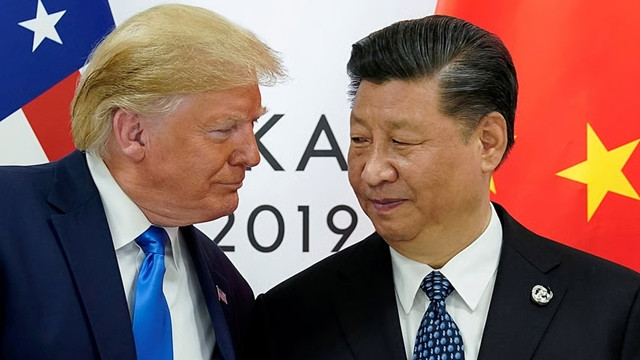
Top U.S. and Chinese economic officials are set to meet in Kuala Lumpur for crucial talks aimed at easing tensions in the ongoing trade war between the two countries and ensuring the success of next week’s meeting between President Donald Trump and Chinese President Xi Jinping.
U.S. Treasury Secretary Scott Bassett and Trade Representative Jamison Greer will meet Chinese Vice Premier He Lifeng. The main agenda of the discussions will be to decide the next steps regarding Trump’s threat to impose a new 100% tariff on Chinese goods and other trade restrictions. Trump made these threats in response to China’s near-total control over rare earth and magnet exports.
The meeting will begin on Saturday on the sidelines of the ASEAN summit in Malaysia’s capital. This will be the fifth meeting between Bassett, Greer, and He Lifeng since May. Previous meetings were held in various European cities, but this time the talks are taking place in Malaysia, a country heavily dependent on both the U.S. and Chinese economies.
The “rare earth war”
The core issue once again revolves around China’s monopoly on global supplies of rare earth elements and magnets — crucial materials for high-tech manufacturing. Beijing has long used these resources as a strategic tool against Washington.
In April, Trump imposed new tariffs on Chinese goods, triggering a rapid escalation on both sides, with tariffs soaring into triple digits. In retaliation, China halted exports of rare earth materials to the U.S., threatening the production of electric vehicles, semiconductors, and weapons.
In May, during their first meeting in Geneva, both sides agreed to a 90-day pause in the tariff war. The U.S. reduced tariffs by about 55%, China by 10%, and partially resumed magnet exports. Subsequent meetings in London, Stockholm, and Madrid (in September) led to an agreement for TikTok’s ownership to be transferred to U.S. control.
However, when the U.S. Treasury Department tightened blacklisting rules, the temporary truce collapsed. Thousands of Chinese firms were banned from importing U.S. goods. In response, on October 10, China once again halted all rare earth exports to the United States.
Bassett and Greer criticized China’s move as an attempt to “seize control of the global supply chain,” saying the U.S. and its allies would not tolerate such restrictions.
According to Reuters, the Trump administration is now considering restricting exports of software-based products — ranging from laptops to jet engines — to China.
Analysts believe the main challenge in Kuala Lumpur will be returning to the previous status quo, maintaining the supply of magnets, and preventing further U.S. tariff hikes. If not, the upcoming Trump–Xi meeting at the APEC summit in South Korea next Thursday could be canceled.
Dennis Wilder, Senior Fellow at Georgetown University’s Initiative for U.S.–China Dialogue, said in a webinar, “I’m hopeful that this meeting will produce at least some strategic decisions to stabilize the situation. Trump won’t proceed with the 100% tariff, and China will show some flexibility on rare earth exports.”
In addition, the U.S. is expected to demand that China resume purchases of American soybeans — a key concern for Trump’s rural voter base, as China made no soybean purchases in September, causing economic harm to American farmers.
However, analysts believe that the deeper U.S. grievances — such as China’s export-dependent economy, overproduction capacity, and lack of domestic consumption — are unlikely to be addressed in this round of talks.
Philip Luck, Director of the Economics Program at the Center for Strategic and International Studies (CSIS), said, “We can’t get to the real issues because we’re reduced to saying, ‘Please, buy our soybeans again, right?’”





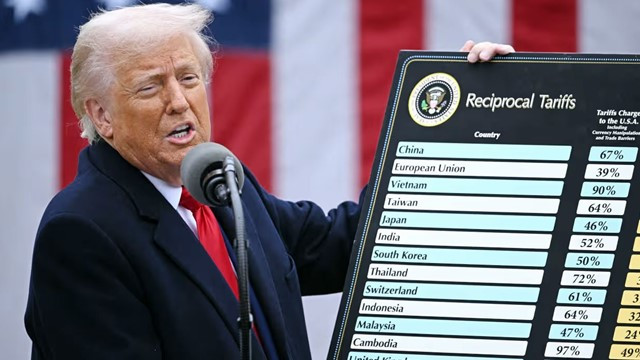
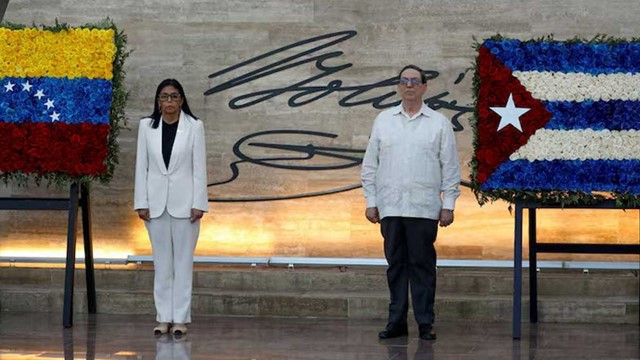

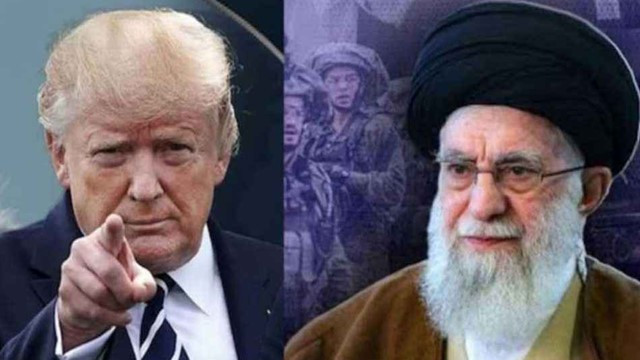




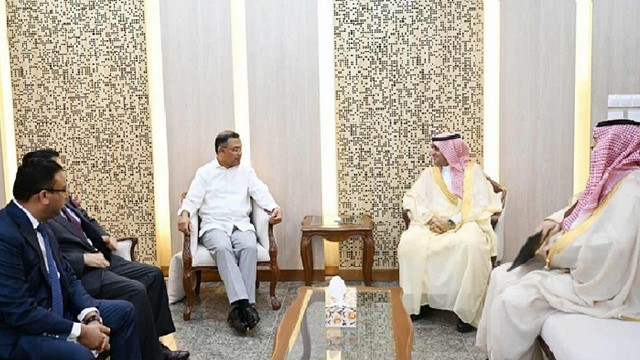
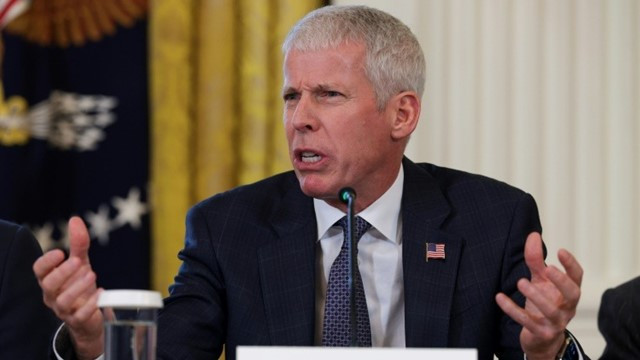

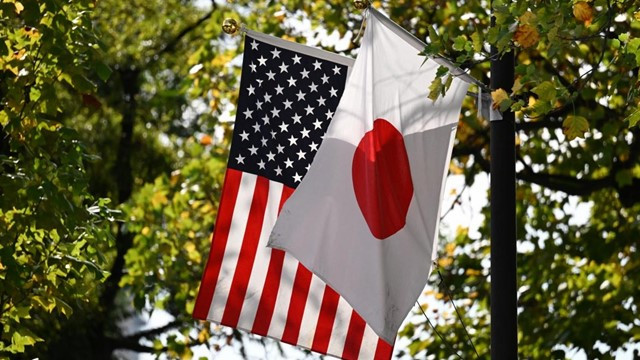
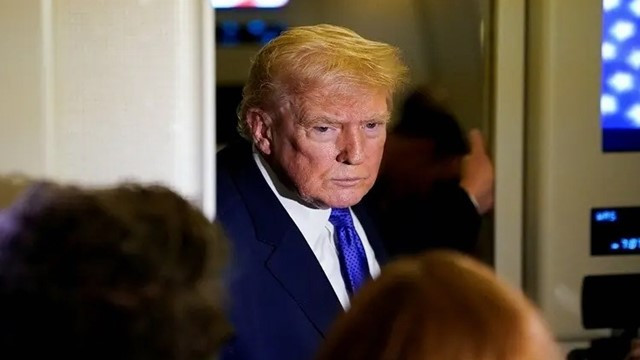

Comments Here: